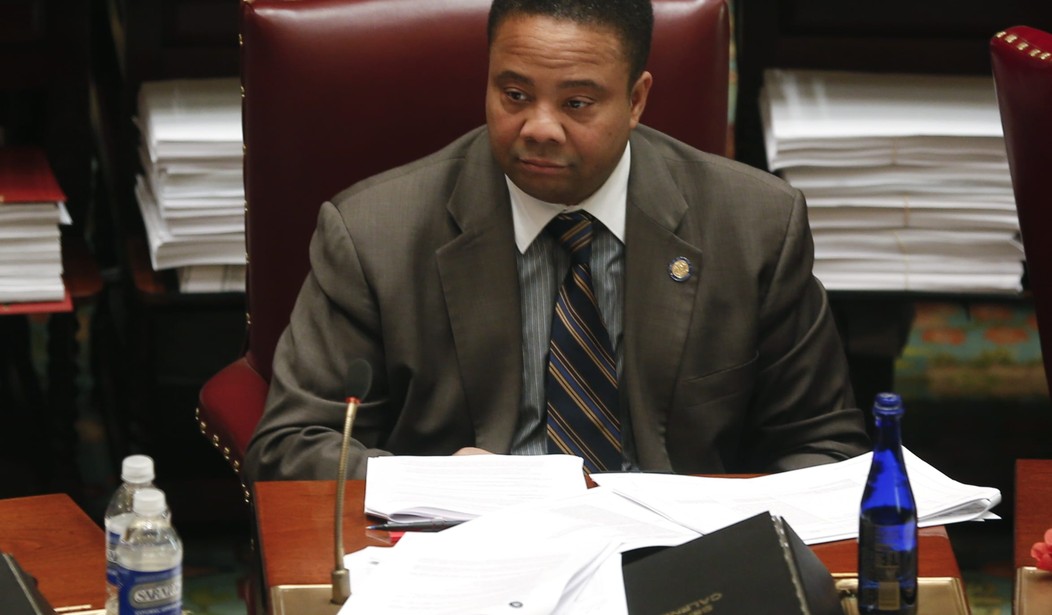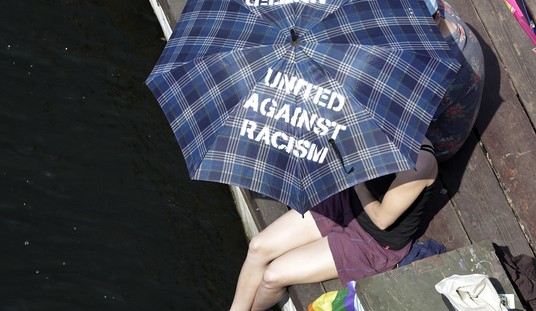Two state legislatures, Michigan and New York, are faced with proposals to put people in jail for calling the cops on African-Americans who are just “living while black,” as supporters of the bills put it.
In one of those cases, Madison, Wis., police were told to watch out for a “fully occupied silver sedan” that a 911 caller believed was “waiting for drugs at the local drug house.”
Turned out 71-year-old Linda Hoskins was driving the four-door sedan. Her 8-year-old granddaughter was in the back seat and her daughter, Sheila Stubbs, the supervisor of Dane County, Wis., was talking to a neighborhood resident on his front porch. All three women are black. Stubbs is convinced that’s why police were called.
“It’s 2018,” Stubbs said to Capitol Times. “It shouldn’t be strange that a black woman’s knocking on your door. I didn’t do anything to make myself stand out. I felt like they thought I didn’t belong there.”
Jemele Hill, a former senior correspondent for ESPN, called white people calling 911 on black people “WFW,” or “White Fear Weaponized,” in an op-ed published by The Undefeated.
Hill said the first week after she moved into a new home, a police officer approached her as she checked her mailbox at the curb and said, ‘Who are you?”
“For people of color, those kind of encounters are sadly expected. But because of some high-profile incidents in the past few weeks, it seems like everyone else is beginning to gain some understanding of how traumatic and draining it is for black people to live in a society where they are constantly reminded they don’t belong or are barely tolerated, especially in those spaces that have been traditionally reserved for or mostly occupied by white people,” Hill wrote.
New York Sen. Jesse Hamilton (D) and Michigan Rep. LaTanya Garrett (D) have proposed new laws to make it a felony to falsely report a crime based on race.
“Throughout the country, there has been an influx of calls where black brothers just being black just seems to be a problem,” Garrett, whose district covers part of Highland Park and Detroit, said. “What safety measures are in place to protect black people who are just living everyday life and having law enforcement called on them for no apparent reason?”
Hamilton introduced his legislation because a white female Trump supporter called the cops on him while he was campaigning in his district. The Brooklyn Eagle reported the police who responded “patiently explained to the white woman that Hamilton had done nothing wrong.” But Hamilton felt she was definitely in the wrong.
“Living while black is not a crime. But making a false report, especially motivated by hate, should be. Our laws should recognize that false reports with hateful intent can have deadly consequences,” said Hamilton, who is black.
“These 911 calls are more than frivolous. These 911 calls amount to more than just a waste of police time and resources. These 911 calls are acts of intimidation,” Hamilton added.
Detroit Police Chief James Craig told the Detroit Free Press that much of the responsibility for weeding out racially motivated 911 calls falls on the shoulders of police officers.
“If it’s something that doesn’t rise to the level of a criminal matter, that becomes more of a civil issue,” Craig said. “We’re not going to be agents for discriminatory treatment.”
Rochelle Riley wrote in her Detroit Free Press column that Garrett’s legislation faces “an uphill battle” in the Republican-dominated, mostly white Michigan Legislature. But if nothing else, Riley wrote, “the bill itself will force a needed conversation about what is happening, what we are allowing and what we are becoming.”
Kevin Kruse, a history professor at Princeton University, told CNN what’s happening is neither “living while black” nor “white fear weaponized.” He said it’s nothing but “White Flight 2.0,” the 21st-century version of the 1960s and ’70s exodus of white people fleeing the cities for the suburbs. But this time there is a difference: white people are standing their ground.
“Rather than white flight, it’s fight,” said Kruse. ”In the generation before, whites angry that these spaces are being shared or taken over by African-Americans packed up and left. Now they’re digging in and fighting.”
Kruse also blamed President Trump for white people calling 911 on black people by popularizing the phrase “taking back our country.”
The Madison police officer who made sure Shelia Stubbs was a county supervisor rather than a drug dealer allowed her to continue going door-to-door campaign for higher office. But that didn’t make Stubbs feel any better about being subjected to a police interrogation because she’d made a white person nervous.
“We must talk about racism,” Stubbs told the New York Times. “When we are quick to say it doesn’t exist, it’s very dangerous.”
But what about the 911 calls that are not racially motivated? Couldn’t there be an unintended consequence to making white people second-guess their decision to call 911 to report a crime?
Phillip Atiba Goff, president of the Center for Policing Equity, a nonprofit that promotes police transparency and accountability, told the Washington Post, “If you fine people for things like that, you’re creating a huge moral hazard where people who are most likely to need to call law enforcement are hesitant to do so.”









Join the conversation as a VIP Member